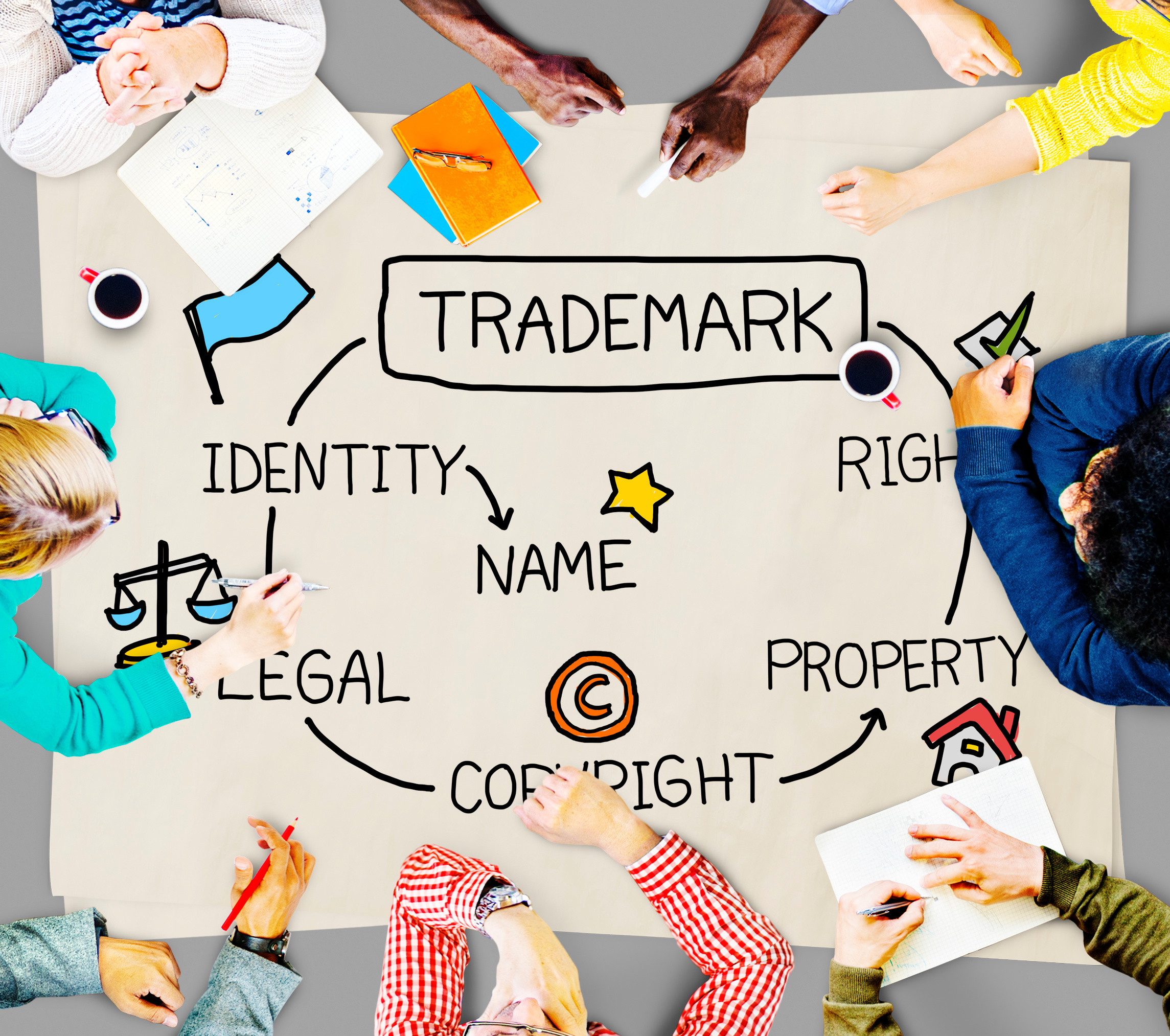Twitter. Courtney Love. Defamation. Libel.
Do you like to voice your opinion … on Twitter? Do you sometimes feel the need to rant about certain issues, people, places, or things–via social media? Celebrities seem to be doing this quite often, as of late. While you certainly have a right to express your opinion, it is wise to remember that there are limits to your personal freedoms. There is a fine line between free speech and libel. Many celebrities just don’t understand that fine line distinction.
Take celebrity ranter and rocker Courtney Love. She was the first to be sued for saying something on Twitter, and she is back at it again. Love is currently involved in a lawsuit in California stemming from comments she posted on Twitter regarding her one time attorney, Rhonda Holmes. Back in 2010, Ms. Love took to Twitter to say that her lawyer had been “bought off” in a dispute with managers of her late husband’s estate. Courtney Love was married to Kurt Cobain, the singer for the grunge band Nirvana, who committed suicide in 1994.
Attorneys representing Rhonda Holmes are claiming that “bought off” insinuates that she took a bribe, and that the Tweet amounts to libel, thus potentially damaging her reputation and career. Love took to the stand this week and testified that she was merely giving her opinion and that the Internet is full of “hyperbole and exaggeration.” Furthermore, Love claimed that she believed that she was only tweeting her comments to two people. That is almost comical, since her Twitter following exceed 250,000 and she is a known exhibitionist.
This isn’t the first time Courtney Love was sued due to her comments on social media. In 2010, Love was sued by fashion designer Dawn Simorangkir for comments she made on Twitter and MySpace. There, Courtney Love insinuated that Ms. Simorangkir was a drug-pushing prostitute, who has a criminal history, and had lost custody of her child. Love settled the case in 2011 for $430,000.
Legal professionals, social media users, and social networking companies are closely watching this case, because it will likely set a precedent for liability involving tweeting in California, and eventually, the rest of the country.
This recent case only highlights the needed caution and discretion we must use when using our social media accounts. If your tweets are only for your family and friends to see, make sure your page is private. Mistakes and indiscretions can wind up costing you in more ways than one.
Until next time, I’m Attorney Francine Ward helping you protect what’s yours. Feel free to join the conversation on my Law Facebook Fan Page, my Twitter Law Page, or in one of my LinkedIn Groups.











